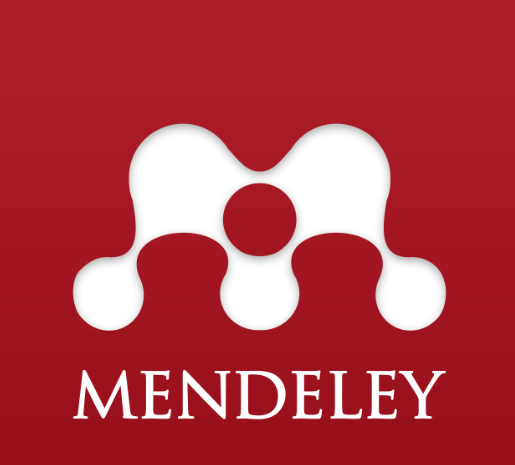The Effect of HRM Pratices on Employee Engagement with Clan Culture as Moderating Variables
DOI:
https://doi.org/10.22219/mb.v12i01.14432Keywords:
Employee engagement, HRM practices, training & development, performance appraisal, compensation, clan cultureAbstract
To maintain and improve competitiveness, exploring potentials and innovations to survive in the competition aimed at attracting student interest and gaining public recognition at the national and global levels (World Class University), universities must improve employee engagement. Because high employee engagement is a source of organizational competitive advantage in achieving its vision, mission, main goals and implementing organizational strategies at the global level. To improve employee engagement with improving HRM Practices. In this study, testing the effect of HRM practices on employee engagement with clan culture as a moderating variable. The results of these tests are expected to be a reference for organizations to improve employee engagement. Questionnaires were distributedto 154 employees of universities in Surabaya with varying criteria. After the questionnaires were collected, statistical tests were performed using Partial Least Square (PLS). The results of statistical testing found that employee engagement are influenced by training & development, performance appraisal and compensation. Meanwhile, clan culture only moderates the relation between compensation for employee engagement, and does not moderate the relations between training & development and performance appraisal on employee engagement. Results of this study may be employed as a policy consideration and further contribute to the literature of management studies.Downloads
Download data is not yet available.
Downloads
Published
2022-02-14
Issue
Section
Articles
License
Copyright (c) 2022 Manajemen Bisnis

This work is licensed under a Creative Commons Attribution 4.0 International License.
Authors who publish with this journal agree to the following terms:
- Authors retain copyright and grant the journal right of first publication with the work simultaneously licensed under a Creative Commons Attribution-ShareAlike 4.0 International License that allows others to share the work with an acknowledgment of the work's authorship and initial publication in this journal.
- Authors are able to enter into separate, additional contractual arrangements for the non-exclusive distribution of the journal's published version of the work (e.g., post it to an institutional repository or publish it in a book), with an acknowledgment of its initial publication in this journal.
- Authors are permitted and encouraged to post their work online (e.g., in institutional repositories or on their website) prior to and during the submission process, as it can lead to productive exchanges, as well as earlier and greater citation of published work (See The Effect of Open Access).

This work is licensed under a Creative Commons Attribution-ShareAlike 4.0 International License.




71.png)





